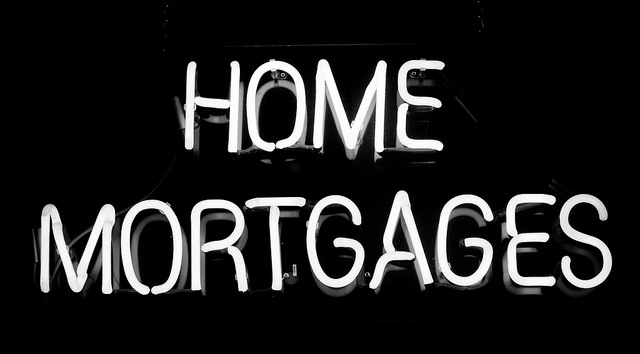Self-employed people have a notoriously difficult time applying for a mortgage. It can be a huge headache, but Investopedia says a bigger emergency fund can make the processes a little easier.
Photo by Jeremy Brooks
When you’re self-employed, the mortgage process is more time-consuming and there’s more paperwork involved. Lenders want to make sure your income is accurate and you can afford to pay back the loan. This means they will review at least two years’ worth of your tax returns. Many self-employed people invest to reduce their taxable income, so this adds difficulty.
Investopedia offers a few tips for scoring a mortgage when you’re self-employed. Obviously, if your credit score and deposit are high, this will improve your chances of getting a loan. But having a larger cash reserve will also work in your favour:
In addition to a large down payment, having plenty of money in an emergency fund shows lenders that even if your business takes a nosedive, you’ll be able to keep making your monthly payments.
If you’re self-employed and you’re planning on taking out a mortgage sometime soon, you might consider having a bit more on hand when you apply. Investopedia offers a handful of additional advice that’s really useful, so be sure to check out their full article.
Self Employed? 5 Steps To Scoring A Mortgage [Investopedia]

Comments